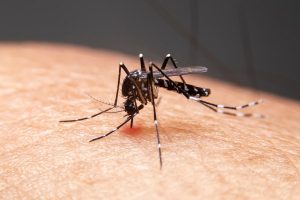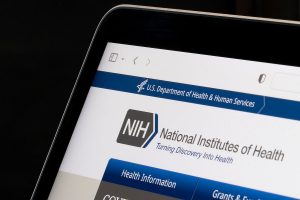Women who are struggling to get pregnant, beware of false dietary supplements that claim to help cure infertility and other reproductive health issues.
Such supplements are not approved by the U.S. Food and Drug Administration and they could prevent patients from seeking effective, approved drugs, the agency warned.
“These purported fertility aids seek to profit off of the vulnerability and frustration many may feel as they face difficulties in getting pregnant,” the FDA said in a news release. “Relying on ineffective, unproven products can be a waste of time and money, and can possibly result in illness or serious injury.”
The agency noted that most of these unapproved drugs are sold online and many are falsely labeled as dietary supplements.
“It is important to know that these products are not based on proven scientific information, and they have not been reviewed for safety and efficacy,” the FDA said.
Sellers of unproven infertility or pregnancy-related therapies often make unsupported claims about the supposed effectiveness of their products, including fake consumer testimonials.
FDA said the fake testimonials include statements such as these:
- “You will get pregnant very fast and give birth to healthy children regardless of … how severe or chronic your infertility disorder.”
- ” … a perfect natural alternative to infertility drugs or invasive treatments.”
- “best fertility supplements to boost your chance of pregnancy or improve your IVF success rate.”
- “… treat infertility… effectiveness in preventing recurrent miscarriages during early stage pregnancy.”
- Other false claims include: “One product does it all” or “Miracle cure” or “scientific breakthrough” or “cure all.”
Before buying or using any over-the-counter product, including those labeled as dietary supplements, you should talk to your health care provider, the FDA said.
About 12% of 15- to 44-year-old women in the United States have difficulty becoming pregnant or carrying a pregnancy to term, according to the U.S. Centers for Disease Control and Prevention.
More information
The U.S. National Institute of Child Health and Human Development has more on infertility treatments.
SOURCE: U.S. Food and Drug Administration, news release, May 26, 2021
Source: HealthDay
Copyright © 2025 HealthDay. All rights reserved.

















